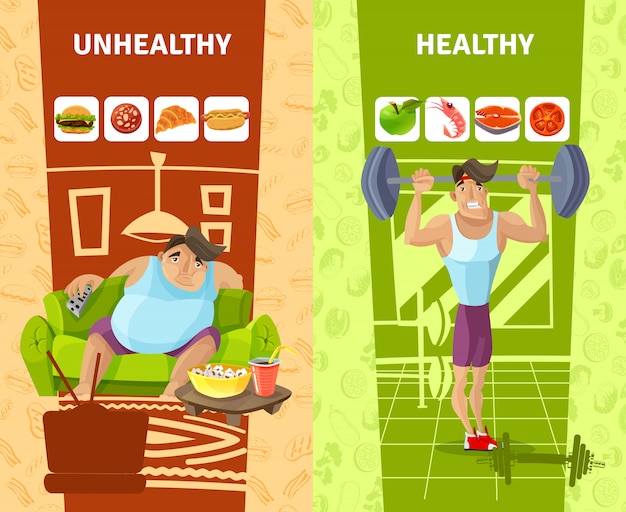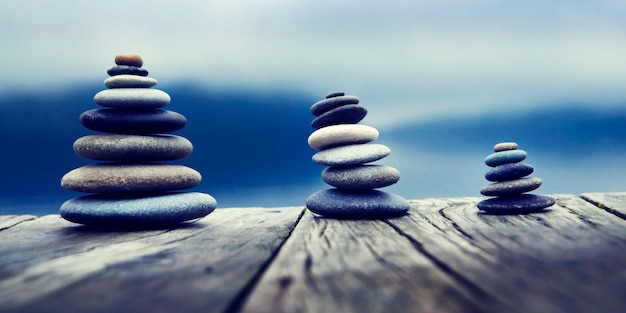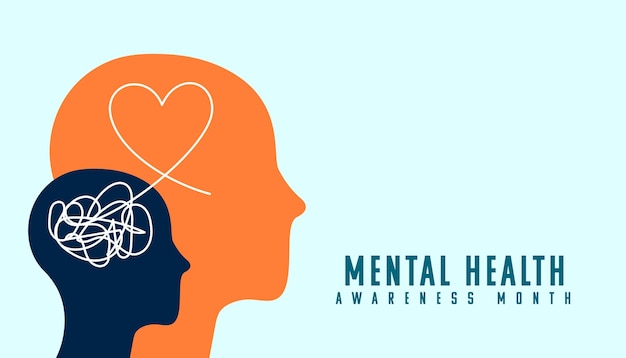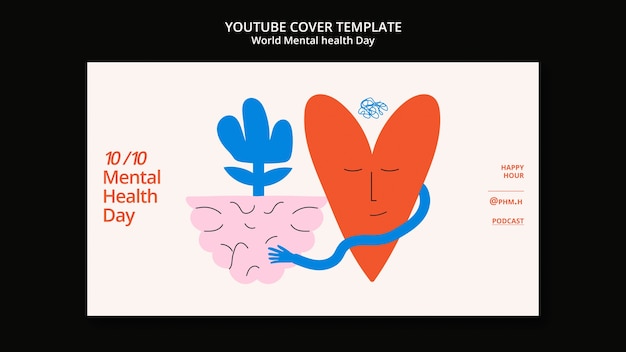We live in a culture obsessed with wellness. From morning green juice rituals to 20,000-step challenges, the pursuit of health has become a full-time identity for many. But what if some of these habits—celebrated on social media and praised in wellness circles—are actually doing more harm than good? The truth is, the pursuit of health can sometimes disguise self-sabotage, leaving us weaker under the weight of routines we mistake for strength.
Discipline is often praised as a cornerstone of health. Waking up early to work out, meal prepping with organic ingredients, tracking every calorie—these behaviors are lauded as signs of commitment. But when does discipline tip into obsession?
The boundary is subtle. Healthy habits become problematic when they're driven by fear—fear of weight gain, fear of illness, or fear of being perceived as lazy. When routines are fueled by anxiety rather than well-being, they cease to be nourishing. Instead, they become compulsions that drain energy, disrupt relationships, and compromise mental health.

Not all wellness looks peaceful—sometimes, the effort shows.
Many widely adopted wellness trends are not one-size-fits-all. What works for one person can be detrimental to another. Here are a few common habits that may be doing more harm than good:
While regular physical activity is essential, pushing the body beyond its limits can lead to burnout, injury, and hormonal imbalances. Signs of over-exercising include chronic fatigue, disrupted sleep, irritability, and persistent soreness. Rest is not laziness—it's a critical part of recovery and long-term fitness.
Cutting out entire food groups or following overly restrictive diets may lead to nutrient deficiencies and disordered eating patterns. The idea of 'clean eating' can become a moral judgment on food, creating guilt around normal, balanced choices. Health isn't about purity—it's about sustainability and variety.

Restriction is not always progress.
Counting every calorie, step, or gram of protein can turn health into a numbers game. This hyper-focus can increase anxiety and disconnect us from intuitive cues like hunger and fullness. Your body doesn't need to be micromanaged to thrive.
Bragging about 'only needing 5 hours of sleep' has become a twisted badge of honor. In reality, chronic sleep deprivation weakens immunity, impairs cognition, and increases the risk of long-term health issues. Prioritizing rest isn't weakness—it's biological necessity.
Social media amplifies the illusion that there's a single, optimal way to be healthy. Influencers showcase seamless morning routines, spotless kitchens, and flawless skin—all implying that consistency equals virtue. But real health includes flexibility, imperfection, and self-compassion.
True strength isn't found in rigid adherence to a routine. It's found in the ability to listen to your body, adapt when needed, and forgive yourself when you're off track. Health is not a performance—it's a practice.
To avoid self-sabotage disguised as self-care, consider these shifts:

Wellness can—and should—include joy.
The journey to health should empower, not exhaust. When wellness becomes a source of stress, guilt, or isolation, it’s time to reassess. Real strength lies not in perfection, but in presence—showing up for yourself with kindness, curiosity, and care.
Let’s redefine what it means to be healthy: not as a rigid standard, but as a flexible, compassionate, and deeply personal path.

Wellness

Wellness

Wellness

Wellness

Health

Health

Health

Health

Health

Health

Health

Health

Health

Fitness

Health

Health